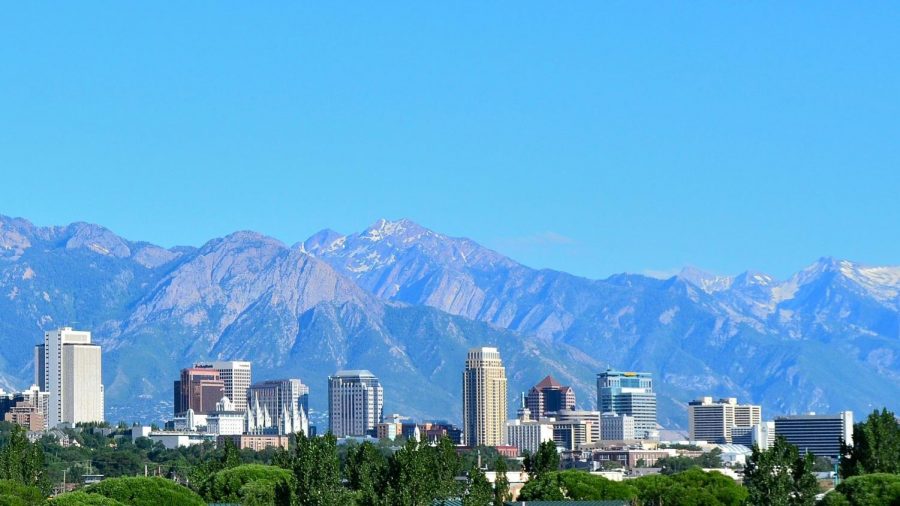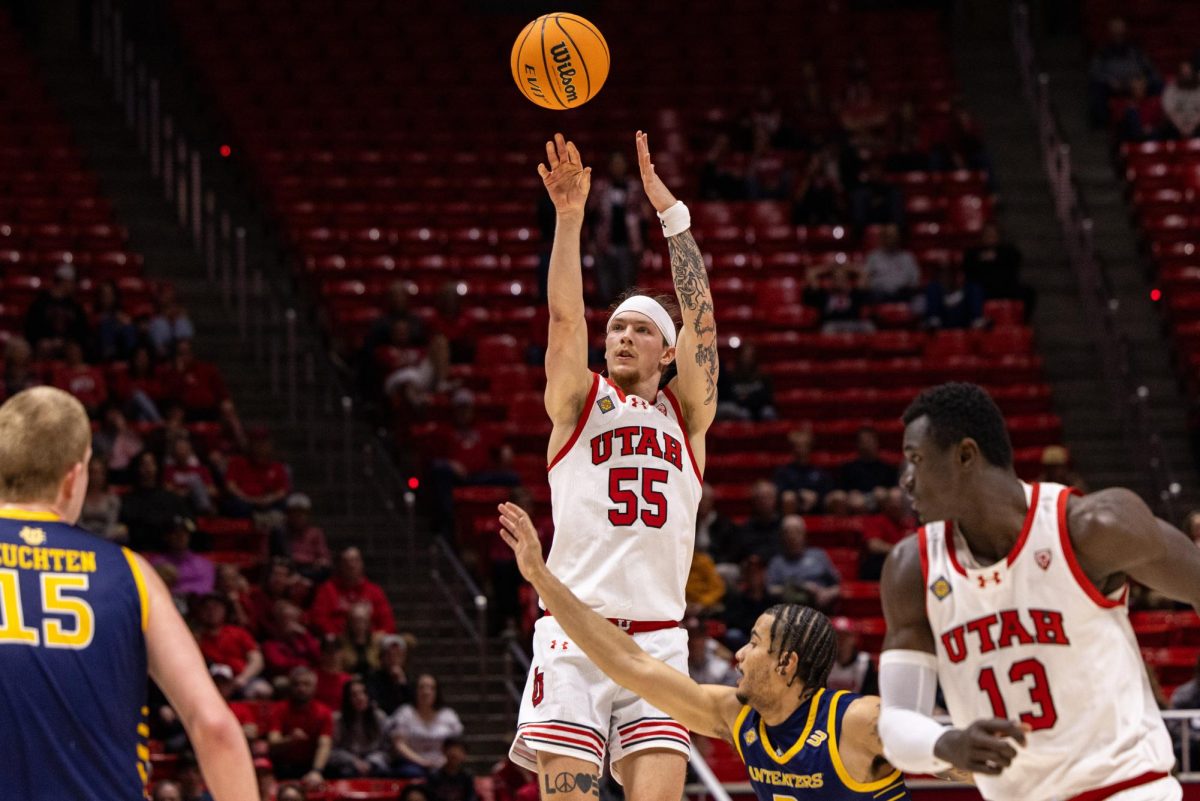Lezaic: Students Should Seek Community Outside of Campus
April 1, 2022
Social isolation and American Individualism have warped our idea of community into something purely situational. Our culture presents homes and the workplace as our only sources of community, which makes it difficult to remember the existence of a world beyond lecture halls and break rooms. University of Utah students should explore beyond what campus has carefully curated for us and seek out deeper human connections. By engaging with a wider social sphere, we can improve the well-being of ourselves and those around us.
The Importance of Community
Living in Utah can be isolating if you don’t fit into the dominant culture. Those who grow up in Utah and aren’t part of the LDS church often feel unsupported. This doesn’t even include the alienation felt by other marginalized aspects of a person’s identity. Cameron, a student at the U, described their experience with finding support through local groups like Salt Lake Community Mutual Aid (SLCMA). “There’s really something to be said about knowing there is a lot of people around you who have similar values — that if you ever needed help, you know they would be there for you,” they said.
The need for the support Cameron talked about has been exacerbated by the pandemic. COVID-19 has shown us how easily structures can crumble, so proactively building community gives you stability in unexpected situations. SLCMA and other groups, such as the Party for Socialism and Liberation (PSL) work on supporting their communities in this way. As a response to Utah’s failure to care for its residents, PSL has been working on helping Utahns file for rent relief.
There are groups at the U that push for social change, but they often lack a sense of true community that gets things done. When I asked Deja Gaston, one of PSL’s organizers, why they invested their time outside of campus, they said “I wanted to initially do campus organizing, and then came here understanding there was this broader struggle to focus on.”
The idea of building community through mutual aid is not a new one. Many modern mutual aid groups draw inspiration from groups like the Black Panthers who created “a free breakfast program, free ambulance program, free medical clinics, a service offering rides to elderly people doing errands and a school aimed at providing a rigorous liberation curriculum to children” and more, according to author Dean Spade. Engaging with your community the way the Black Panthers did, Spade says, “broke stigma and isolation, met material needs, and got people fired up to work together for change.”
We must work towards equity in all aspects of our lives, not just in academic settings. I’ve worked with SLCMA for a couple of months and have attended PSL events in the past, and the love people have for each other blew me away. My experiences actively building and maintaining community spaces gave me the gratification academic clubs didn’t.
Joining These Communities as College Students
Historically, college students have been significant actors in social change, but we have never done it alone. When we spend all our time on campus networking with mainly young adults or people in the academic sphere, we neglect interactions with older adults and those who didn’t go to college. Gaston reflected on her appreciation of her group’s diverse membership. “I think this is the first time where I’ve genuinely felt like I’ve been introduced to diversity essentially. Like the diversity of ages, diversity of backgrounds — of work backgrounds, race backgrounds.”
College students have passion and raw energy to bring to the table. We should not solely dedicate these strengths to campus organizations. We must collaborate with people from different backgrounds to create a better world for all of us.
Finding Community Through Local Organizations
Last summer, I felt more isolated than I ever had in my life. I wanted to do something about it, but I didn’t know where to start. Cameron’s experiences in mutual aid showed them this isn’t an uncommon sentiment. “One of the things I’ve noticed is a lot of people really do want to feel like they are part of a community, and the challenge is no one really knows how,” they said.
Groups like SLCMA and PSL show us the value of connecting with others beyond the confines of college. It’s easy to get caught up in the campus culture of productively pushing forward, but we must remember to engage in a society that expects disengagement. Take some time to explore these groups and find your people.








